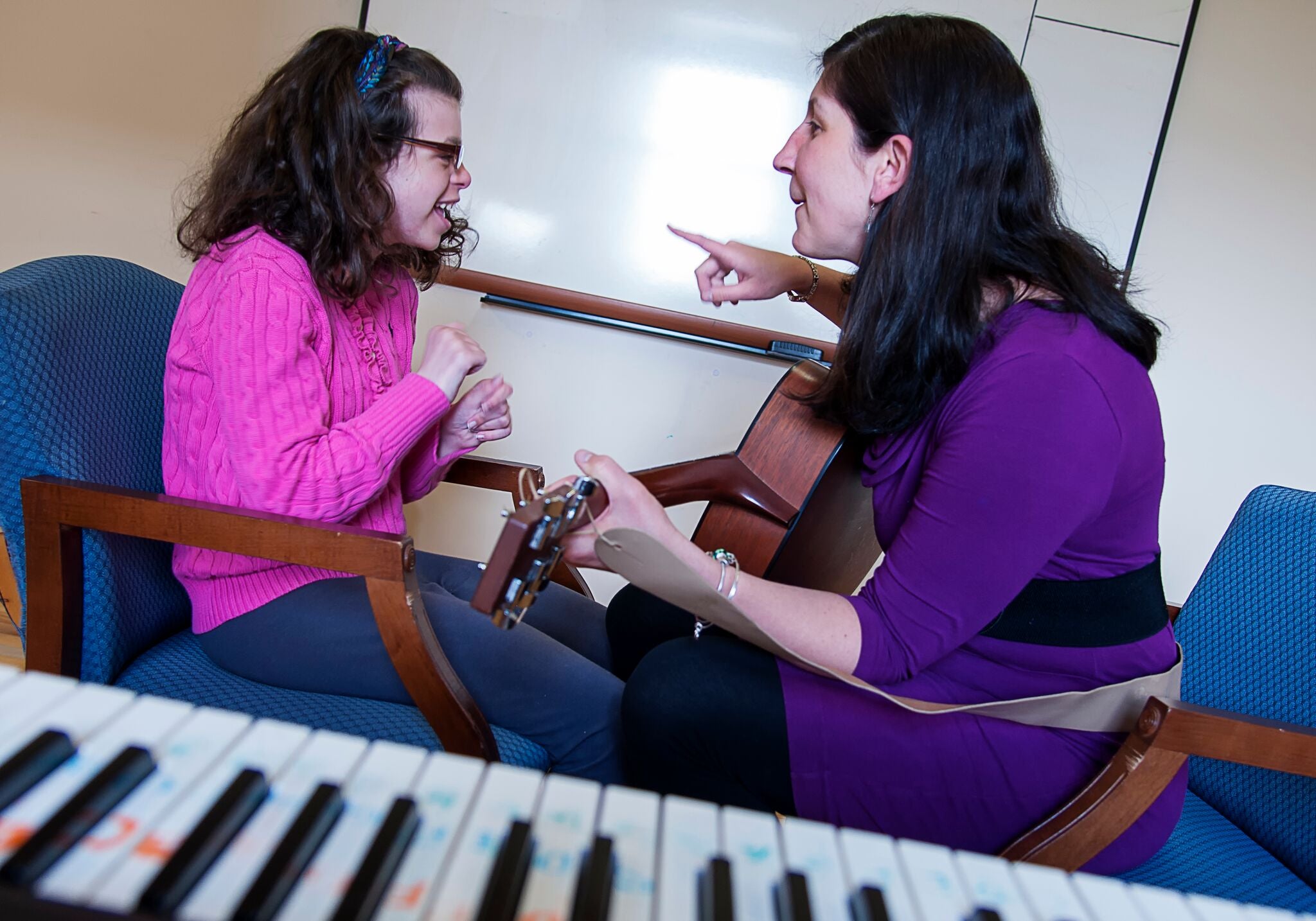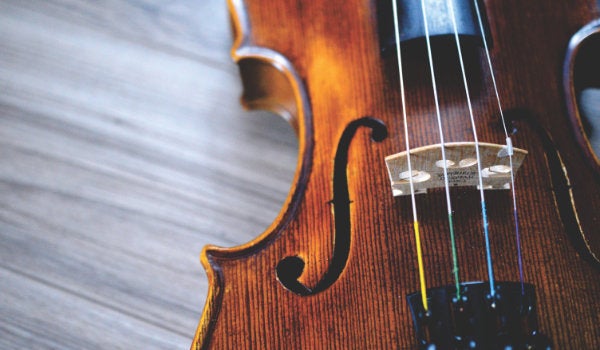The College of Arts and Sciences welcomes its new Music Therapy undergraduate program beginning in the 2020 Academic Year. The Bachelor of Music in Music Therapy will be the first of its kind at a public New England institution. It is a five-year health-based degree program grounded in neuroscientific research. Students, who must display proficiency in both music and the sciences to earn a place in the program, will take advantage of a broad curriculum that spans musical arts and health sciences. This includes coursework in music theory, history, composition, performance, and culture, in addition to psychology, kinesiology, human anatomy, physiology, and music treatment with a neurobiological foundation. Starting in their sophomore year, students will be introduced to practical and clinical environments. The final, fifth year of the program consists of a professional clinical internship, with opportunities in schools, hospitals, psychiatric settings, and nursing homes.
Mark Conley, Professor of Music, Director of Choral Activities, and Chair of the Department of Music, explains how this new program ties into the University’s focus on neuroscience and establishes the musical arts as a salient part of health sciences. It bridges the College of Arts and Sciences and Department of Music with the URI Ryan Neuroscience Institute and the College of Pharmacy. “Whereas other musicians use music as a goal in and of itself, to perform and make art, music therapy uses music to attain health outcomes,” Professor Conley explains. “This will be one of the premiere programs at the University. It will not just change the Department of Music; ultimately it will change the University’s understanding of the arts and its place in other professions.”
Conley defines Music Therapy as a cutting-edge degree program, preparing students for careers as health care practitioners and as artists. “Many musicians volunteer to play music at a nursing home or hospital—that is a worthy goal, but that is not what this is,” Conley says. “This allows students to use their training to assess, treat, and collaborate with other related disciplines. ” Music Therapy, as such, is at the forefront of advancements in neuroscience, psychology, and chemistry. “Science is catching up with music, not just the other way around. We have known about the mathematical components and healing benefits of music for centuries. Neuroscience is only now starting to study the deep benefits of music for someone’s health and development.” Most importantly, he envisions the new program as a chance to answer these big questions and further underscore the value of the arts and humanities in our ever-changing world.
~Written by Aria Mia Loberti, URI Class of ’20, Philosophy, Political Science, and Communication Studies Major


